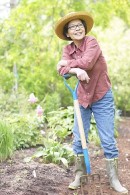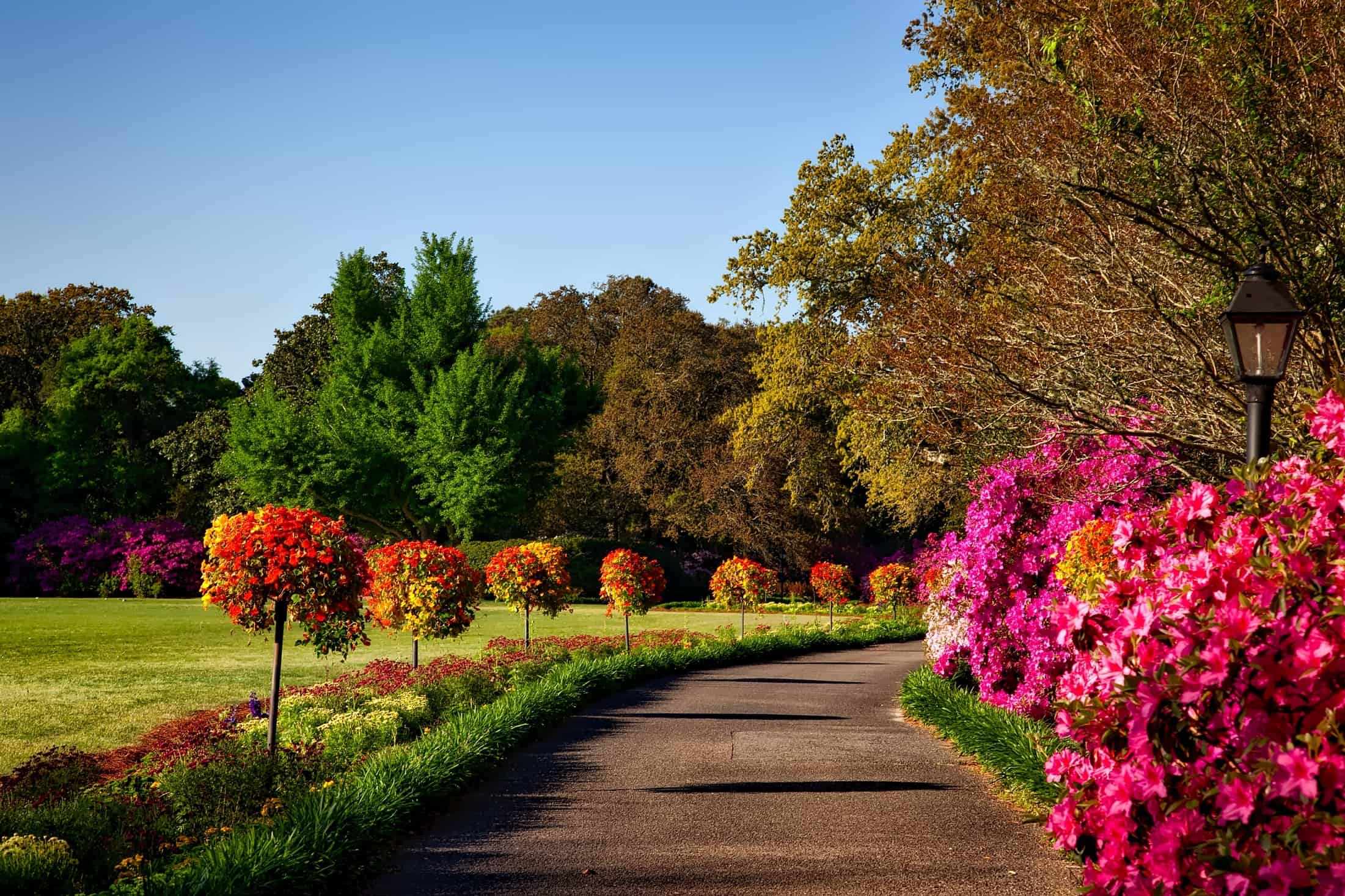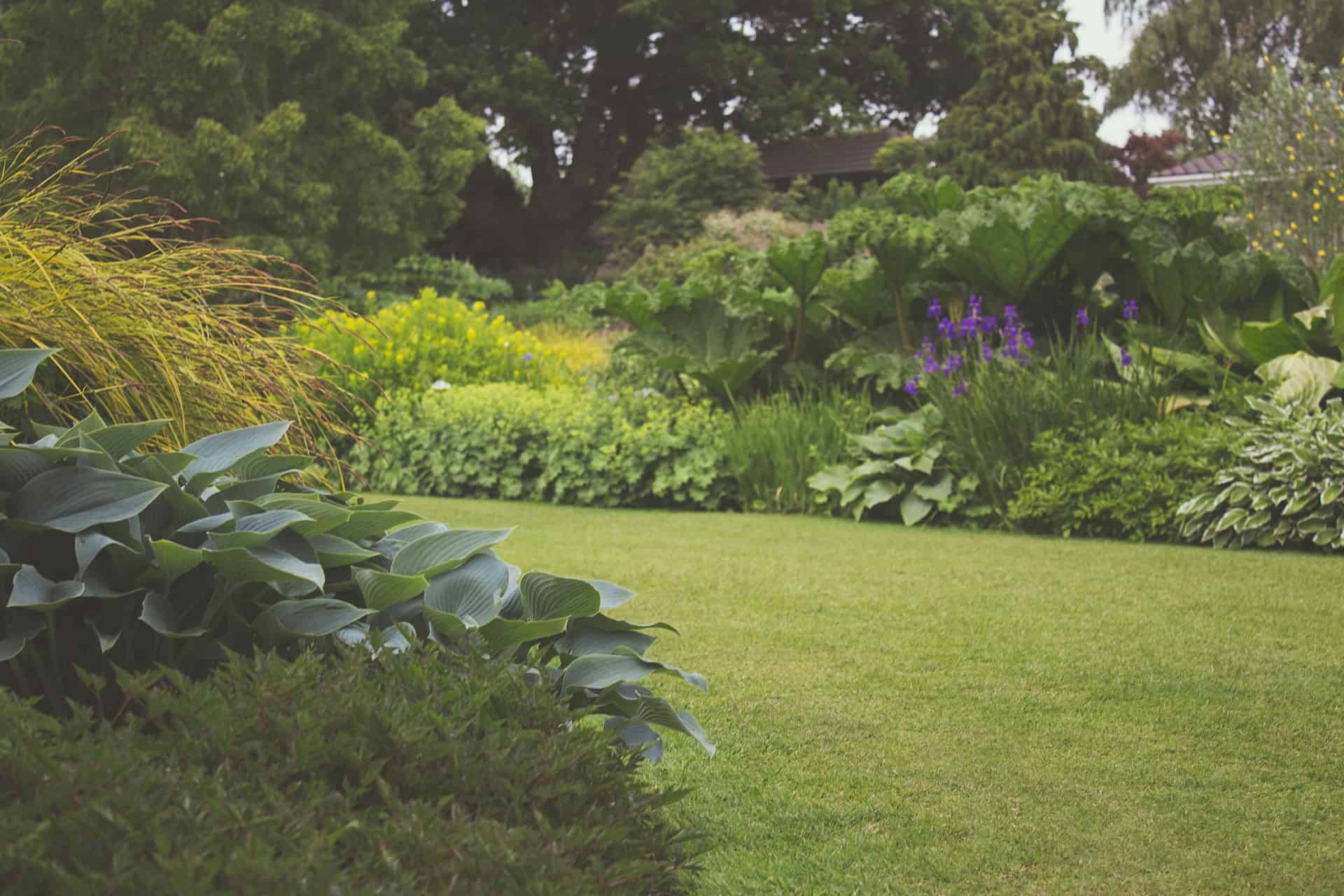 Gardeners are urged to use peat-free compost and help protect the environment.
Gardeners are urged to use peat-free compost and help protect the environment.
Organisations such as the Royal Society for the Protection of Birds have endorsed the practice, claiming that the use of peat-based products are causing serious damage to the ecosystem. It states that the removal of bogs is destroying the wildlife habitat of the country's most precious creatures.
It is not alone in its plea, with the Royal Horticultural Society also supporting the motion. It believes that the current rate of peat extraction is unsustainable, as it takes much more time for bogs to form than it does to remove. Today's machinery can decimate them in minutes, yet it takes an entire year for just 1 mm of the material to form. This means that a typical reserve of 10 m in depth will take 10,000 years to develop. A study by the National Trust showed that when the substance is mined for a garden, it will take around 1,000 years to replace every metre that has been taken.
Charities also claim that peat bogs support a wide variety of wildlife, including butterflies, spiders, dragonflies and birds. Not only that, but they are a rich store of carbon and have the potential to absorb three million tonnes of carbon per year if fully restored. Additionally, peatlands store and clean water, as well as helping to prevent flooding.
Instead of traditional products, gardeners have the option of switching to peat-free alternatives. These are made from recycled garden waste which normally would have been sent to landfill sites.
Alternative products have been proven to match and exceed the performance of their peat-based counterparts, with a Which? Gardening trial seeing the environmentally-friendly option achieving a best-buy standard for the first time. In the 2009 study, not one product containing the substance was given a satisfactory rating.
European legislation demanded that 80 per cent of compost became peat-free by 2010, yet with products containing the material still on the market, charities say it is up to all gardeners to make the switch and help the environment.




